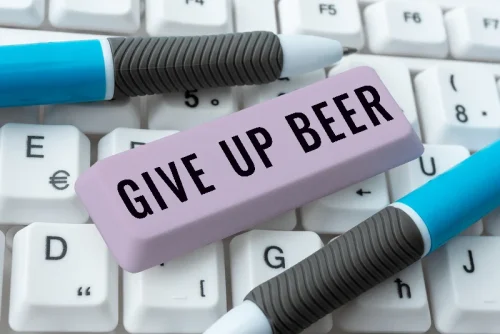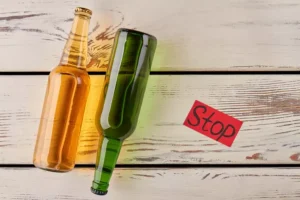
When they are finished, give them a chance to present what they have created. Ask open-ended questions about what you see and also offer up any “noticings” that occur to you about their process, product, and symbols. Be mindful not to assign your own meaning without allowing the client to do so first. Slowly add water while mixing until you get a mixture that has the consistency of playdough. Next, mold the dough until it’s shaped like a heart (you can make it as big or small as you want) and create the fingerprint impressions.
Has Your Child Abused Amphetamine Drugs to Boost Their Grades?
- Spill out on paper with the help of paints all negative emotions in relation to any person or event.
- Additionally, some art therapy directives can be self-guided, but they work best under the guidance of a trained art therapist.
- The task is to actualize the feelings; distance from negative events.
Addiction group ideas often incorporate art therapy elements, recognizing the power of creative expression in fostering connection and healing. Collage-making is another powerful tool in the art therapist’s arsenal. This technique allows individuals to explore their personal identity and goals by selecting and arranging images and words that resonate with them. It’s a tangible way to visualize one’s journey and aspirations, creating a roadmap for recovery. As participants sift through magazines and photographs, they often uncover hidden aspects of themselves, leading to profound insights and self-discovery. It’s important to note that art therapy for addiction should be facilitated by trained professionals.
Craft a Memory or Self-Care Jar (or Box)
- These creative practices address trauma, foster self-discovery, and cultivate emotional release, aiding in the overall healing process.
- I’ll give the pain to paper art therapy ideas.
- The art therapist can also offer some general prompts, such as “Are there moments that inspire happiness?
This can foster connections with others on similar paths and potentially reduce the stigma surrounding addiction and recovery. These tools promote experimentation and playfulness, sometimes easing the pressure found in traditional art forms. Collage might seem like a simple act of cutting and pasting, but within the context of addiction recovery, it becomes a remarkably versatile tool. The choices made during this process, be it the texture, size, or shape, often symbolize personal growth and the rebuilding of a fractured sense of art therapy ideas for adults in recovery self.
Selecting the Best Opiate Addiction Treatment Program
There are several helpful types of art therapy projects for addiction recovery. Art therapy allows people to try something new and explore different forms of personal expression. For some people, painting is a great art therapy project because of how affordable and accessible the painting medium can be. This personalized art therapy project emphasizes self-expression and identity beyond the bounds of mental health struggles. It’s a creative reminder of your unique qualities and the distinct elements that comprise your personality. By incorporating symbols or designs that resonate with your heritage, aspirations, or passions, you’re not just crafting art, you’re depicting the mosaic of your individuality.
Body Outline Drawing for Self-Awareness
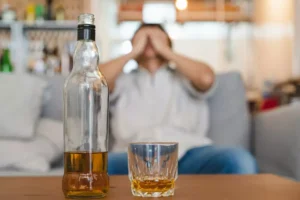
Moreover, visualizing a friend’s name through https://ecosoberhouse.com/ their lens fosters empathy and a deeper understanding of their essence. Each stroke becomes a conversation about differences and shared traits, weaving a tapestry of personal connections and self-discovery. This project is a great way to start exploring your inner self and understanding the difference between who you present yourself as to the world and who you actually are. Art therapy with a licensed art therapist is not only reserved for those with artistic inclinations. Anyone and everyone can benefit from engaging in art therapy.
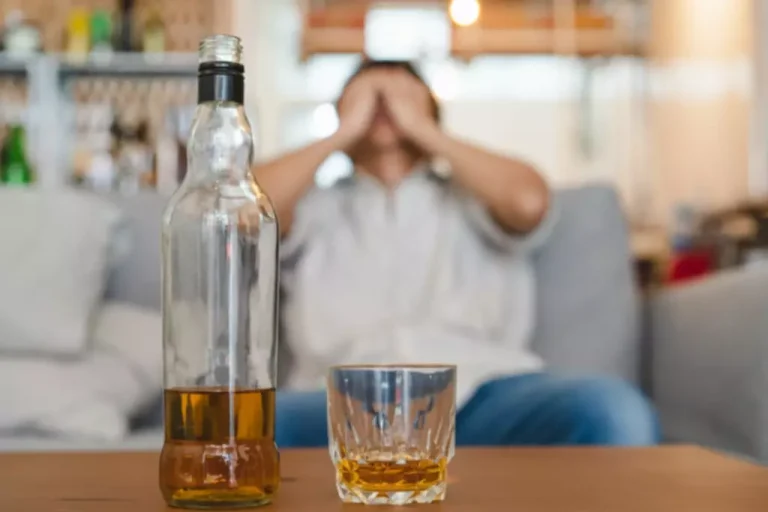
Time Required:
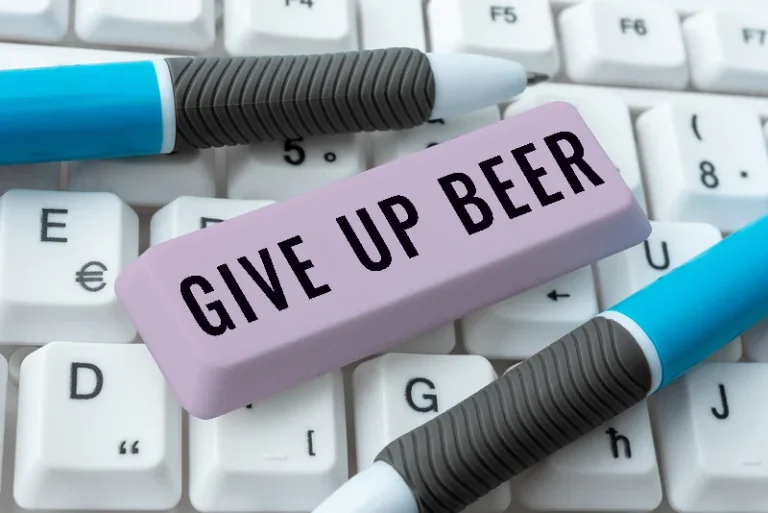
Listening to music can also bring about a sense of calm, help manage stress, and evoke powerful, positive memories that reinforce your recovery journey. Writing offers a way to pour those feelings onto a page, creating a safe container for honesty and vulnerability that can be difficult to achieve through spoken word alone. While art therapy can be deeply personal, some might find empowerment in sharing their journey. Putting together a digital story, whether through drug addiction treatment video, a slideshow, or even a written narrative paired with images, offers a unique way to reflect on one’s life journey. In guided painting sessions, recovery is a collective experience.
